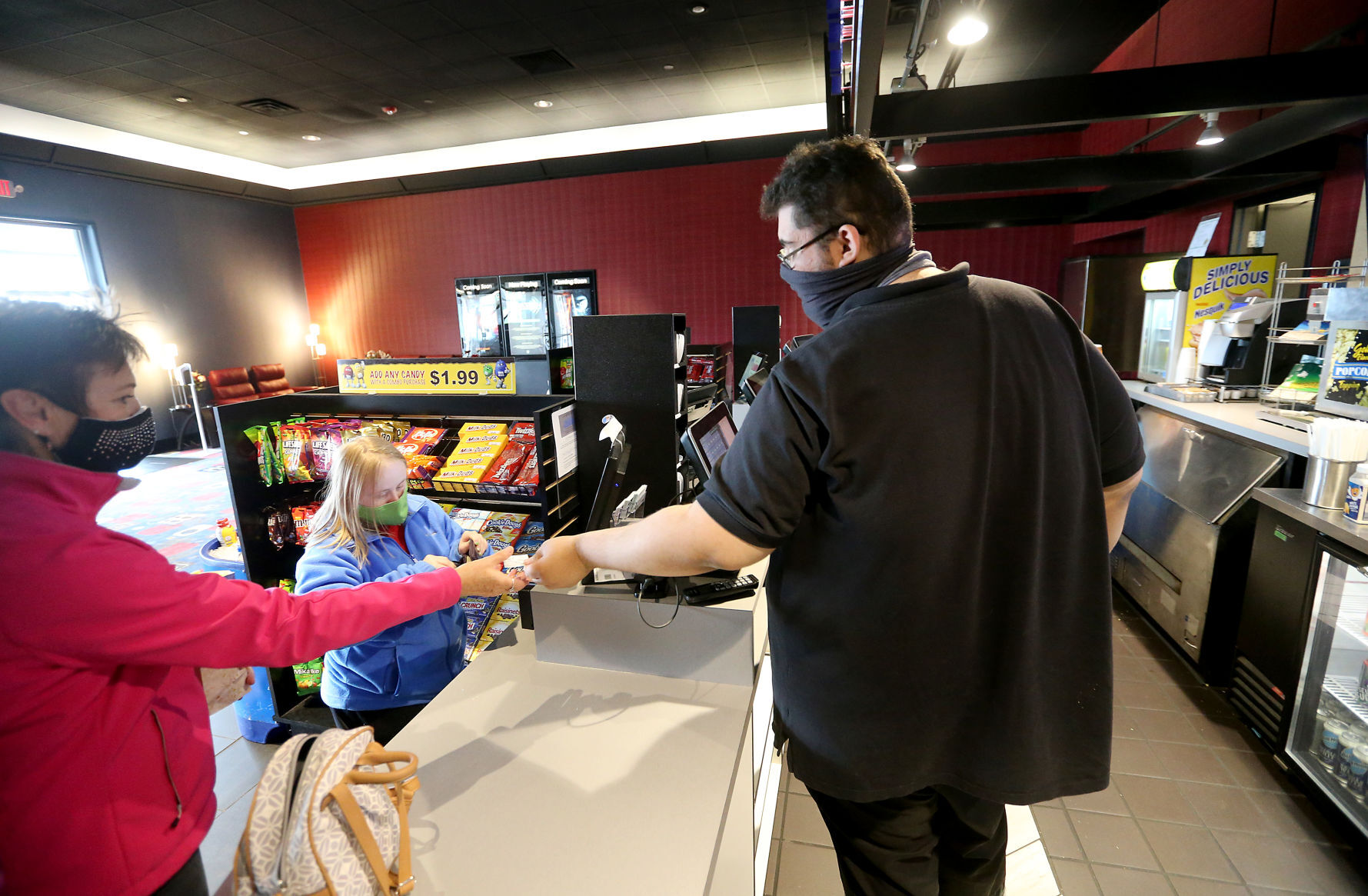Over the past 13 months, moviegoers and theater owners alike have endured a scenario that once seemed unimaginable.
An industry known for pumping out a steady stream of films suddenly fell silent. Movie theaters were among many businesses that faced mandated shutdowns in the spring of 2020.
Industry economics further complicated matters. Even after theaters were allowed to reopen, movie studios continued to hold back their films, leaving cinemas with a dearth of content that made reopening pointless.
Lee Akin, who owns Elkader Cinema in Iowa and Prairie Cinema in Prairie du Chien, Wis., said his theaters were closed for nearly six months.
“On one hand, there is this major panic because you don’t have any income coming in,” said Akin. “On the other hand, there isn’t much you can do about it.”
On the heels of these circumstances, signs of a turnaround are finally emerging.
Improving consumer sentiment and the emergence of major studio films have provided a light at the end of the tunnel. As moviegoers have returned, theater owners have begun to bring back employees.
Cory Jacobson, owner of Phoenix Theatres in Dubuque, acknowledged that things haven’t completely returned to normal yet.
“We’re probably in the fifth inning of a nine-inning game,” he said. “But there is definitely a mood of optimism in our industry.”
Returning to form
For a long time, it was hard to envision what the movie industry’s comeback would look like.
To many, the rebound came in the form of a sea monster and a giant ape.
“Godzilla vs. Kong” was released in late March in the U.S. by Warner Bros. The film sent a major message: After a year of waiting, major production studios were warming up to the idea of releasing big films.
“Occasionally, there’s a movie where you can really feel its impact. We could really feel this one,” Jacobson said. “We sold out many times during that opening weekend. It certainly beat our expectations.”
More potential box-office successes are around the corner. “Mortal Kombat” will be released later this month, horror film “A Quiet Place Part II” comes out in May, and the G.I. Joe origin story “Snake Eyes” will come out in July.
Phoenix Theatres employed about 35 people in Dubuque prior to the pandemic. It now employs about half that number. But that’s poised to change.
“We’ve just instructed our managers to start up the hiring process,” Jacobson said.
While major studio films largely drive box-office results, indie films also are contributing to the return of cinema. The Julien Dubuque International Film Festival is slated to begin this weekend in Dubuque, with Phoenix Theatres among the many venues involved.
Shifting opinions
Changing consumer sentiment is also a huge factor in the industry’s comeback.
A survey released this month by National Association of Theatre Owners shows that opinions are continuing to shift in a positive direction.
It found that 60% of respondents were either “very comfortable” or “somewhat comfortable” going to a movie theater right now, which represents the highest percentage since the association began tracking the metric in April 2020. One year ago, just 23% of respondents felt comfortable going to a movie theater, and at the end of 2020, only 44% felt comfortable doing so.
“It’s encouraging to hear,” said Akin. “I think that is what’s driving movie studios to release more titles.”
Jacobson, who also owns multiple theaters in Michigan, noted that some parts of the U.S. are rebounding more quickly than others.
“You can see the recovery in Iowa happening faster than other parts of the country,” he said. “Each governor has had their own views, and each state has had a different approach.”
Lasting impacts
At Akin’s theaters, the return to normalcy has occurred one step at a time.
The venues in Elkader and Prairie du Chien still do not offer their full lineups of matinees. Meanwhile, the theaters still have lower capacities to allow for social distancing.
Even when the showings and capacity return to pre-pandemic levels, evidence of COVID-19’s impact likely will remain.
Phoenix Theatres, for instance, rolled out a new phone app that allows customers to reserve specific seats. Jacobson reports that it has been wildly popular.
Other cinematic developments have been widely painted as a threat to traditional theaters.
During the pandemic, for example, some films were released to theaters at the same time they were made available on platforms that allowed people to view them at home.
Jacobson doesn’t view streaming as the existential threat that others in the industry do. He believes that many still will be drawn to the theater experience.
“People have kitchens in their home, but they still go out to eat,” he said.
As the weather warms and COVID-19 vaccine levels rise, Akin eyes a big rebound in the industry. He is among many theater owners hoping that pent-up demand for entertainment will result in a big-time boom in the near future.
“I think a lot of people are itching to get out of their house,” he said.


